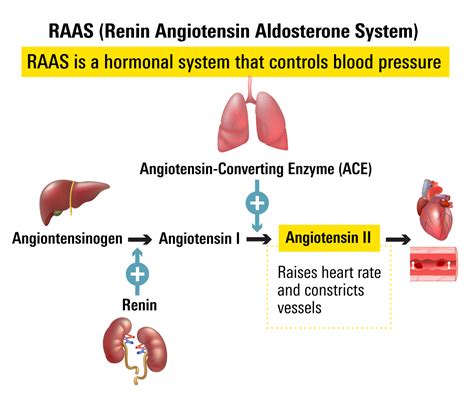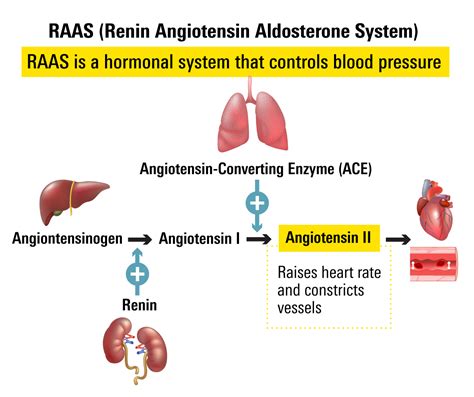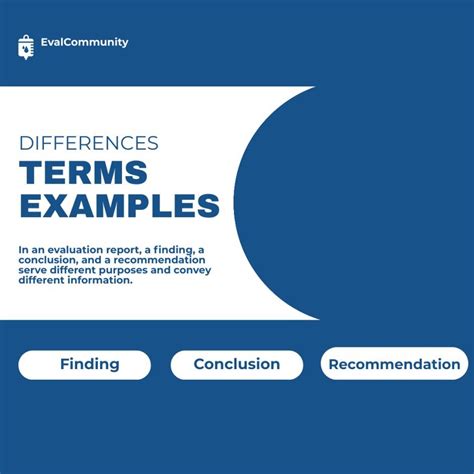Intro
Discover Angiotensin Receptor Blocker benefits, including blood pressure control, cardiovascular protection, and kidney function support, with related terms like hypertension treatment and heart health management.
The importance of maintaining good cardiovascular health cannot be overstated. Heart disease is one of the leading causes of death worldwide, and managing blood pressure is a critical aspect of reducing this risk. Among the various medications available for blood pressure management, Angiotensin Receptor Blockers (ARBs) have emerged as a highly effective and beneficial class of drugs. By understanding how ARBs work and their benefits, individuals can better appreciate the role these medications play in protecting cardiovascular health.
High blood pressure, or hypertension, is a condition that affects millions of people globally. It is characterized by the blood pushing against the artery walls with too much force, which can lead to heart disease, stroke, and kidney disease if left unmanaged. Lifestyle changes such as diet, exercise, and stress management are crucial in controlling blood pressure, but for many, medication is also necessary. This is where ARBs come into play, offering a powerful tool in the fight against hypertension and its complications.
The mechanism of action of ARBs involves blocking the action of a natural chemical that narrows blood vessels, allowing blood vessels to widen, which in turn lowers blood pressure and increases the supply of blood and oxygen to the heart. This not only helps in managing hypertension but also has protective effects on the heart and kidneys. The benefits of ARBs are multifaceted, ranging from their efficacy in lowering blood pressure to their role in reducing the risk of heart failure and kidney disease. As research continues to uncover the full potential of ARBs, their importance in cardiovascular medicine is becoming increasingly evident.
Introduction to Angiotensin Receptor Blockers

How ARBs Work
The mechanism of action of ARBs is closely related to the renin-angiotensin-aldosterone system (RAAS), a vital regulatory mechanism for blood pressure control. When the kidneys detect low blood pressure, they release renin, an enzyme that triggers a cascade of reactions leading to the production of angiotensin II. Angiotensin II is a powerful constrictor of blood vessels and also stimulates the release of aldosterone from the adrenal glands, leading to increased sodium retention by the kidneys and a subsequent increase in blood pressure. ARBs block the receptors for angiotensin II, thereby preventing vasoconstriction and reducing aldosterone-mediated volume expansion. This dual action contributes to their effectiveness in lowering blood pressure and protecting against cardiovascular and renal damage.Benefits of Angiotensin Receptor Blockers

ARBs in Comparison to Other Hypertension Medications
ARBs are often compared to ACE inhibitors due to their similar mechanisms of action on the RAAS system. However, they have a distinct advantage in terms of side effect profiles. Unlike ACE inhibitors, ARBs do not cause a dry cough, a common side effect that leads to discontinuation of therapy. This makes ARBs a preferable option for patients who cannot tolerate ACE inhibitors. Additionally, ARBs may offer better 24-hour blood pressure control compared to some other antihypertensive drugs, which can be beneficial for patients with resistant hypertension.Side Effects and Precautions

Practical Considerations for Patients on ARBs
For patients starting on ARBs, it is essential to understand the importance of adherence to the prescribed medication regimen. Regular follow-up appointments with healthcare providers are crucial to monitor blood pressure, adjust doses as necessary, and address any concerns or side effects. Lifestyle modifications, including a balanced diet, regular exercise, and stress management, should be continued alongside medication therapy to achieve optimal blood pressure control.Future Directions and Research

Emerging Trends in ARB Therapy
The future of ARB therapy looks promising, with emerging trends focusing on combination therapies that pair ARBs with other antihypertensive agents to achieve better blood pressure control. The use of ARBs in specific patient populations, such as those with chronic kidney disease or post-myocardial infarction, is also being explored. As our understanding of the molecular mechanisms underlying cardiovascular diseases evolves, so too will the role of ARBs in their management, offering new hope for patients at risk of or living with these conditions.Conclusion and Recommendations

A Call to Action
For those interested in learning more about ARBs and their role in cardiovascular health, numerous resources are available, including healthcare provider consultations, patient support groups, and reputable online health platforms. It is crucial to consult with a healthcare provider before starting any new medication, including ARBs, to discuss potential benefits, risks, and the best course of treatment for individual needs. By staying informed and proactive about cardiovascular health, individuals can take significant steps towards preventing and managing hypertension and related diseases.What are Angiotensin Receptor Blockers used for?
+Angiotensin Receptor Blockers (ARBs) are primarily used to treat high blood pressure and heart failure. They work by blocking the action of angiotensin II, a potent vasoconstrictor, which helps in lowering blood pressure and reducing the heart's workload.
How do ARBs differ from ACE inhibitors?
+ARBs and ACE inhibitors both act on the renin-angiotensin-aldosterone system but at different points. ARBs block the receptors for angiotensin II, while ACE inhibitors prevent the conversion of angiotensin I to angiotensin II. A key difference is that ARBs do not cause a dry cough, a common side effect of ACE inhibitors.
Can ARBs be used in patients with kidney disease?
+Yes, ARBs can be beneficial for patients with kidney disease, particularly those with diabetic nephropathy. They help in reducing proteinuria and slowing the progression of kidney disease. However, patients with kidney disease should be closely monitored by their healthcare provider while on ARBs, as they can affect kidney function and potassium levels.
We invite readers to share their experiences or ask questions about Angiotensin Receptor Blockers in the comments below. Your engagement and feedback are invaluable in creating a supportive community focused on cardiovascular health and wellness. If you found this article informative, please consider sharing it with others who might benefit from learning about the benefits and role of ARBs in managing hypertension and related conditions. Together, we can work towards promoting better heart health and reducing the global burden of cardiovascular diseases.
